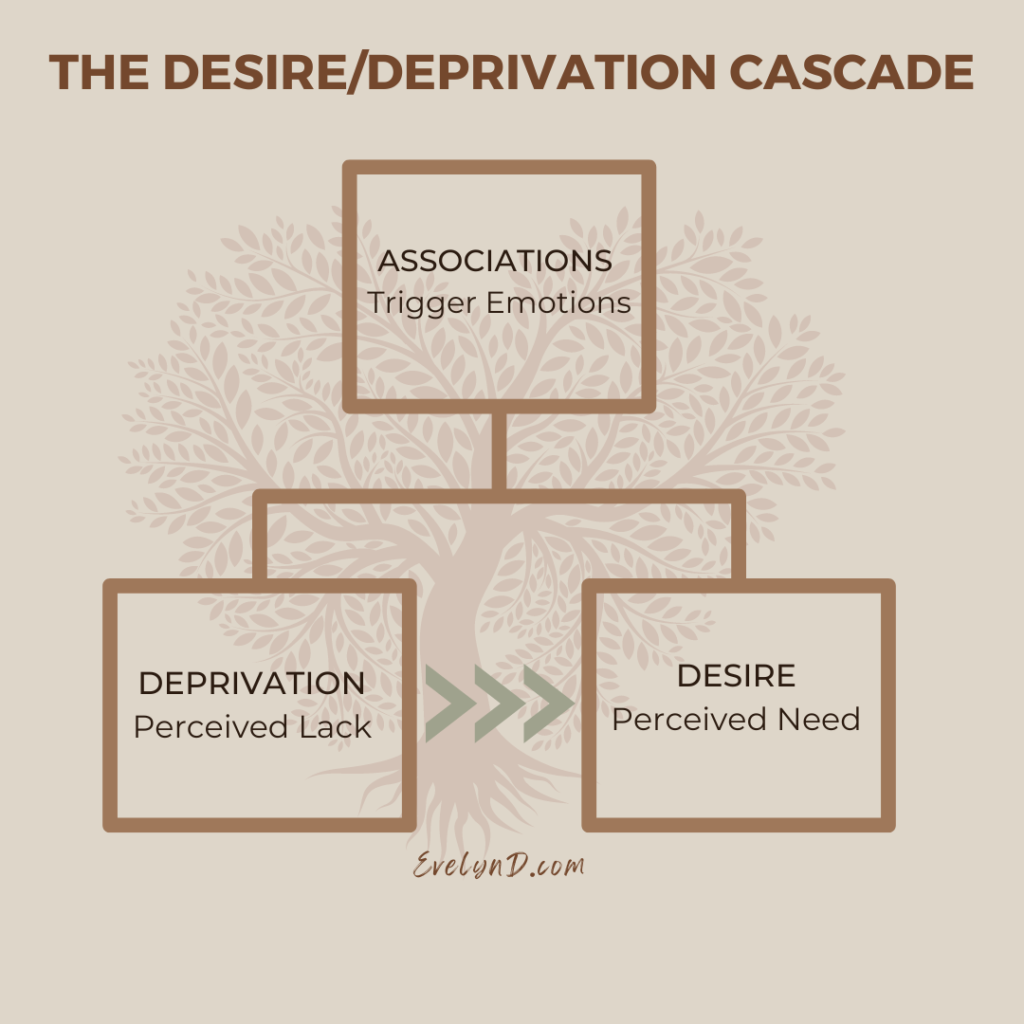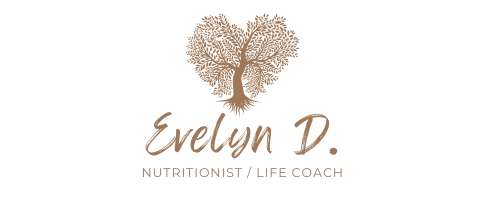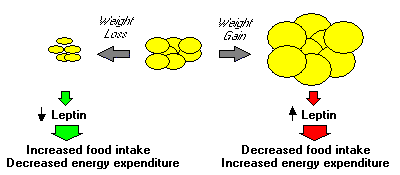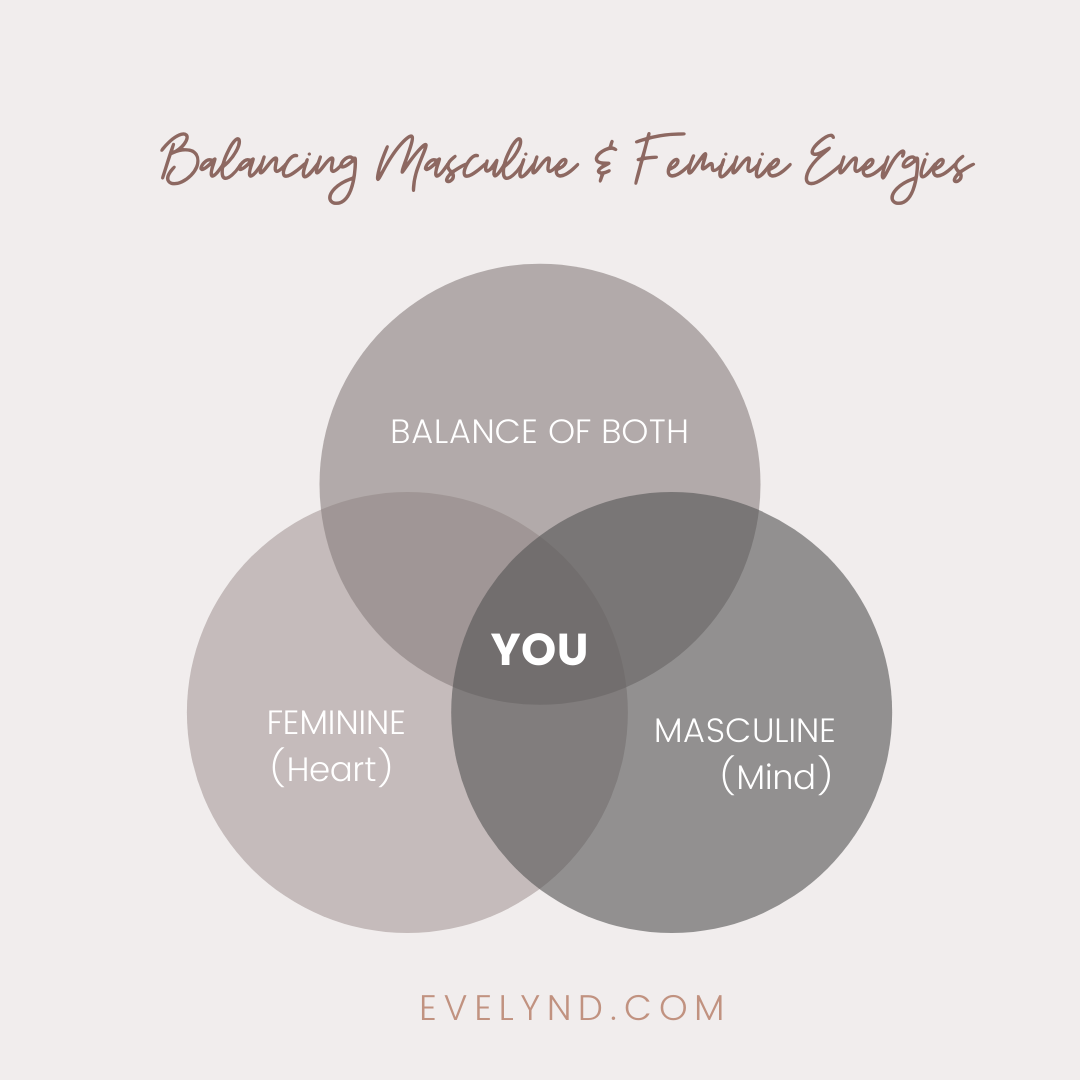Do you often do things that you wish you would just stop?
Are you repeating unwanted behaviors that set you back and make you feel defeated and hopeless?
It doesn’t matter if it’s overeating, over drinking, snacking, smoking, doing drugs, shopping, hoarding, worrying, working, sex, attention, scrolling, lazing, gossiping….any unwanted, seemingly “out of control” behavior is usually driven by 2 surface level “emotions” or states of being:
DESIRE and/or DEPRIVATION
✅ Desire is a wanting – a need – it feels like a pulling energy.
✅ Whereas deprivation feels repelling – there’s a resisting energy that then leads to more desire.
Both feelings are created by the body/mind in response to an association (or trigger) that fills a perceived need (desire) or signals perceived lack (deprivation).
When feeling a strong desire for something there’s a PULL for “more” of the thing that satisfies that surface need.
In the case of over-consuming food and alcohol, it’s usually a sense of pleasure, relief, reward, escape, distraction, avoidance, etc…
In deprivation, there’s a sense of restricting oneself…this brings more energy and pressure around the thing we’re trying so hard not to over-consume or do, thus (ironically) intensifying the desire for said “thing”….
It’s a vicious cycle.

If you’ve ever felt like your unwanted repeat behaviors feel automatic, you’d be right.
As I always share, the primal subconscious is driven by survival, so it’s wired for three main things:
- AVOID PAIN & DISCOMFORT (i.e., deprivation)
- SEEK PLEASURE (desire)
- MAKE IT EASY (automation via habituation)
So let’s paint a common scenario:
✅ You want to lose weight, feel comfortable in your skin, age well, and feel more optimal.
✅ You have a sound and sustainable eating and exercise/lifestyle plan in place.
❌ You have a challenging day (or not – just living in this culture and with unhealed traumas can be challenging in and of itself – so no external event or drama is necessary).
🙌 You hold it together and stick with your plan all day…or maybe even all week. (Yay YOU!)
🫠 But then the ASSOCIATION is felt – the trigger.
It’s the end of the day or the end of the week or end of the month or the end of a project or an event/occasion or a vacation, whatever….
You may not acknowledge it, but in that transition from holding it together for as long as possible (being “good” and following your plan) you’re feeling _____________ (Fill in the blank.)
Maybe you’re feeling drained, exhausted, overwhelmed, bored, worried, anxious, depressed, lonely, disconnected, unheard, disrespected. resentful, frustrated, angry, confused, discouraged, accomplished, confident, starving, over-it, achy, in pain, etc…
It doesn’t matter what the feeling is…positive or negative…(there can be compounded, conflicting feelings as well).
Whatever the feeling is, if you’re experiencing unwanted repeat behaviors, these feelings are generating a associated signal in your consciousness that creates some level of pain or discomfort that leads to the action-driven states of deprivation or desire.
“I don’t want to experience or allow this feeling sensation (of deprivation).”
“I want to experience better feeling sensations or pleasure (via desire). “
Then the programmed automated response to that association leads you to the unwanted behavior that misaligns with your plan that will lead you further away from your desired result (or goals).
So what’s the root cause?
It’s not the desire or the deprivation.
It’s not the “plan” itself (although in some cases, the plans can add to the feelings of deprivation and desire because they’re too restrictive or demanding in relation to where your body/life is at the moment)…
The root cause is the programmed response, beliefs and interpretations > that create the PERCEIVED feelings of desire or deprivation > when the triggers or associations are encountered in your life…
These programmed responses, beliefs and interpretation almost always occur in childhood/teenage years at some level and then build upon each other and morph like layer upon layer until habits are formed and your “True Self” is barely recognizable…
Here are some food association examples that may start to develop association (these are innocent enough):
- As a baby/toddler cries, it’s given the breast or the bottle or food to soothe.
- You skin your knee or get strep throat, or go to the doctor and get lollipops or popsicles.
- What’s a birthday celebration without cake or Halloween without candy?
- You go to the movies and get popcorn and soda.
- You get straight A’s, score the winning point, or perform like a prima ballerina at the recital, let’s get ice cream or pizza!
- “No dessert until you eat your veggies or pick up your room!”
But then traumas (big or little T traumas) in young life start to occur:
- Mom and Dad or family members are stressed, fighting, distant, critical, overbearing or abusive. How do you cope? Perhaps food or other behaviors to escape or maybe you tamp down your emotions to keep the peace or to protect yourself from further pain/rejection.
- There are money struggles or time constraints so you learn to rush, eat fast and take whatever you can get (which fuels a sense of lack and “not-enough-ness”) or you may dissociate.
- Mom or Dad or some authority figure scolds or neglects you for your appearance, quirks, some lack of achievement, or whatever behavior might be deemed unacceptable or not good enough, so you start to do what you can to please them and gain their approval/acceptance/attention.
- You’re bullied or you feel like you don’t fit in at school so you start changing your appearance and behaviors to feel more accepted.
- You start to notice the skinny girls or the pretty ones or the more sexual tween/teen girls or the athletes get all the attention from boys, so you push and starve and compromise yourself to try and keep up or score a boyfriend.
- You notice that the cool kids are smoking and partying and flunking, so you start to rebelliously conform to fit in with that crowd instead of being yourself.
- Etc etc etc…
It breaks my heart to think up all the endless scenarios where we reject our True Self (many of these examples above are plucked from my own youth)…
Don’t we ALL have our own versions of these kinds of experiences?….(and of course, others have survived ‘Big T’ traumas involving devastating loss, severe violence, neglect and abuse).
If you struggle with moving forward in life or if you feel blocked or stuck in your life or behaviors, here are the common threads:
- Your prewired survival responses to life’s painful experiences caused you to adapt so that you’d “survive” (in order to not be rejected by the “tribe” – caretakers or peers).
- This created a lack of trust, acceptance, safety and security in some ways.
- You learned that to survive in these situations you needed to hide, alter or reject your True Self.
- This self-rejection led to additional compensatory behaviors or beliefs (your younger self did her very best!) that misaligned with your True Self.
- Your subconscious created neural pathways to automate the compensatory patterns or beliefs so that you wouldn’t have to waste energy by reinventing the wheel each time.
Ironically, the compensations created a false sense of of who you are — while also creating a false sense of safety and security.
At minimum, the compensations you came up with served as a very poor substitute for the real thing (which is what you truly needed to thrive)… usually with layers and layers of compensations piled on, and in many cases, much bigger problems down the road.
As we grow into adults these adaptations usually don’t disappear without some level of self-awareness and inner healing.
How do you change those “bad” habits or old patterns?
Changing the unwanted habits/behaviors/patterns without understanding your underlying emotional needs, lacks or blocks is a band-aid at best.
What typically happens, even if you DO experience behavior change through sheer will, repetition or discipline, is the emotional disconnect finds something else to “do” to fill the void. The void is still there though!
Transformational change is a process. It usually entails a deep exploration of old experiences, beliefs and awarenesses that need to be understood, felt and let go.
This level of change is not easy because the primal brain sees change and painful/uncomfortable emotions as a direct threat to your survival.
This part of you sees the unwanted behaviors as safe, pleasing, comforting – a relief…even if the consequences cause problems or set you back.
So here are 5 basic steps to get you started with the inner work necessary for lasting change:
- Identify the unwanted behavior that you want to change and DECIDE that you are changing it.
2. PAUSE when this behavior occurs (ideally beforehand, but afterward is fine too at first*) and ASK some key questions:
- What was the trigger or association that created this desire?
- What am/was I feeling in my body and mind before the desire emerged?
- What was I thinking or believing?
- What did I feel while I was participating in the behavior?
- What did I feel or experience after? What are the consequences of this behavior?
*NOTE: It may take multiple attempts, some deeper digging and trial and error before the root cause emotions become more clearly understood. Keep diggin’!
3. PRACTICE being with and allowing the identified emotions that are present during the next trigger experiences.
4. PRACTICE how you wish to reframe the thoughts and release the old/false beliefs that create those feelings.
5. REPEAT > FAIL > ASSESS. REPEAT > SUCCEED > ASSESS. REPEAT, REPEAT, REPEAT etc., etc., etc…
It IS possible to nail this on the first try and stick with it forever.
When I decided to quit smoking at the age of 23, I went through a whole structured process of connecting dots and owning my habits (and maybe even some emotional connections too)…Sure enough, on ‘quit day’, I was DONE and I haven’t had a cigarette since (over 30 years!)
This is not typical in the change process though…so be patient, resilient and committed to your decision to change. Don’t set yourself up to fail, but don’t give up if you do slip up. Those slip-up or perceived failures offer valuable lessons for you to learn from.
Instead, be curious. Give yourself supreme grace and dismiss any and all judgement or self criticism as you practice feeling emotions, shifting perspectives and living the changes you wish to create for your life…
Let me know how you do. 💞
xo,
Ev




